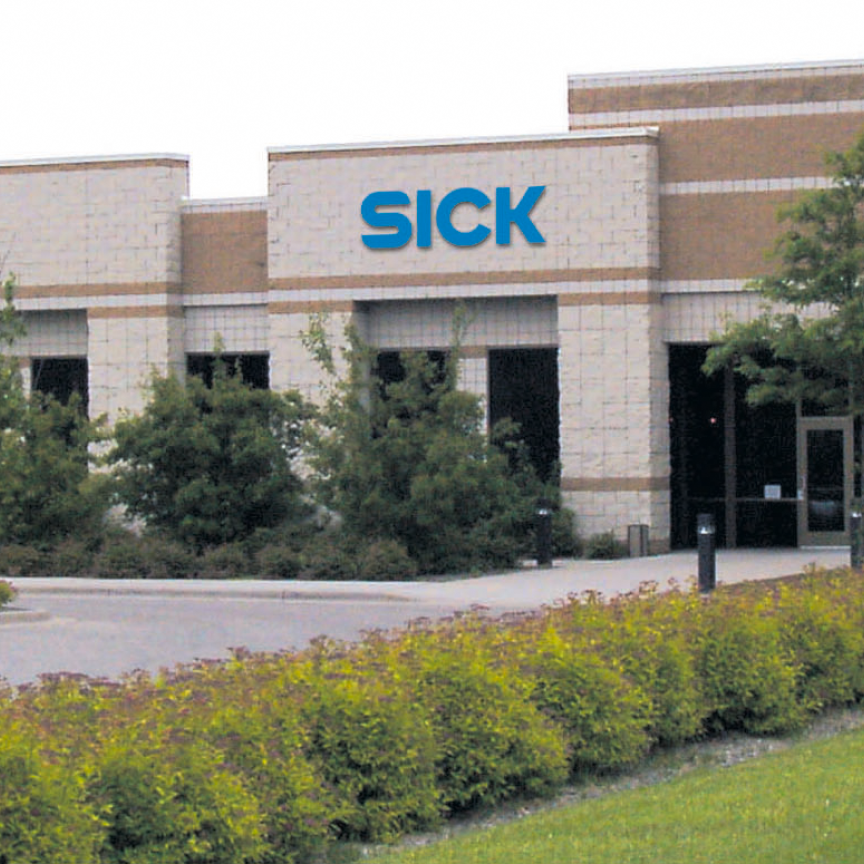The German concept of Industry 4.0 still remains 10 years away, according to Professor Detlef Zühlke, the director of the Innovative Factory Systems department at the German Research Center for Artificial Intelligence (DFKI). Speaking at Laser World of Photonics in Munich on the 24 June, Professor Zühlke said that current manufacturing practices would need time to convert to digitised automation, what some are calling the fourth industrial revolution.
Zühlke said that industries that are already modular in their processes, such as semiconductor and packaging, will switch to digital manufacturing first. He was speaking to an audience of photonics executives during the trade fair, an event co-organised by the European Photonics Industry Consortium (EPIC) and Messe München.
Industry 4.0 or smart factories is the idea of equipping production plants with actuators and sensors all operating in a network over the internet, and all reading out information about the manufacturing process.
ID codes will feature heavily for parts to be tracked through production, with machine vision playing a role here. On the trade fair floor, Trumpf was displaying laser marking systems for QR code marking, including a new ultraviolet TruMark 3330 laser for marking plastics.
The DFKI has made an assembly system demonstrator that integrates smart controllers, devices the size of two sugar cubes, costing around €35 each, and containing a Linux operating system and an ARM processor. These are installed in a smart component and networked to other components in a system. Each smart controller is standardised so that they can be plugged in in any order and changed round depending on the requirements of the system. Companies such as Cisco and IBM are involved in the project.
Zühlke called for more worldwide standards for factory automation, modification to regulations currently in place regarding manufacturing, education and training, as well as new business models for companies offering these smart systems – companies can no longer just supply hardware, he said, but must supply internet services and control software, as well as hardware controllers.
Related articles:
German companies missing out on Asian funding, report states
Further information:


